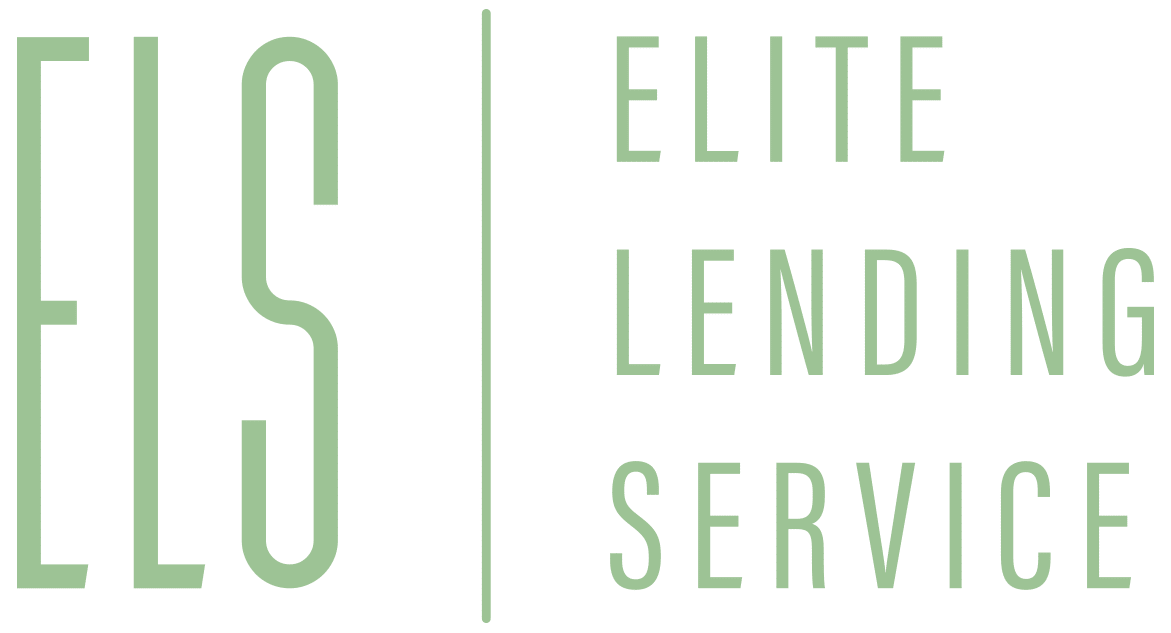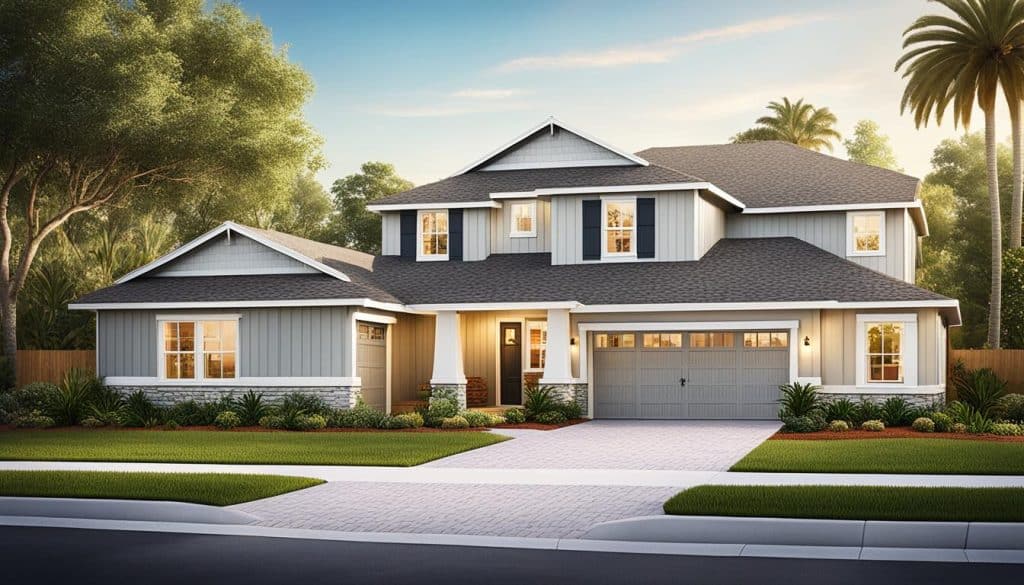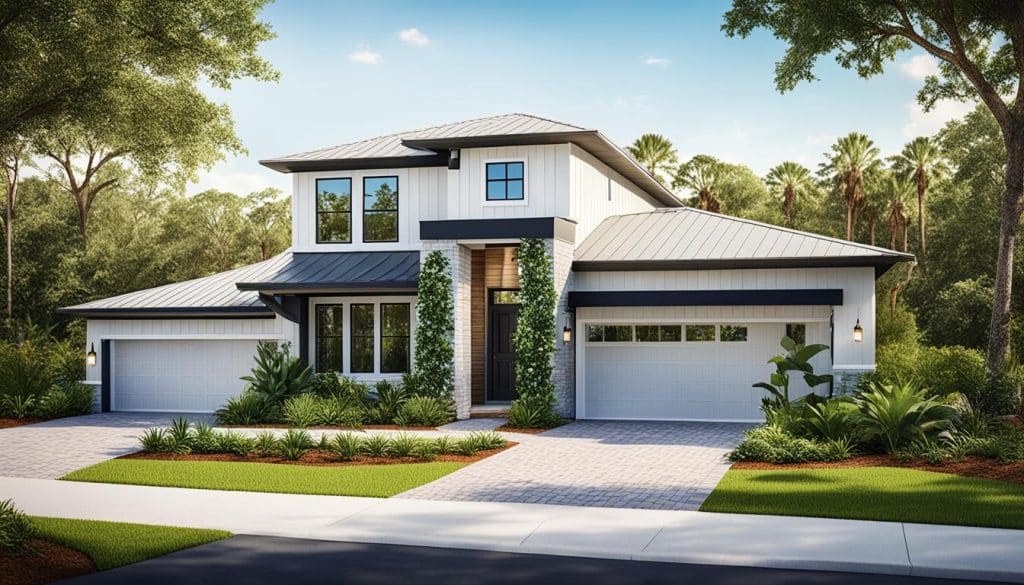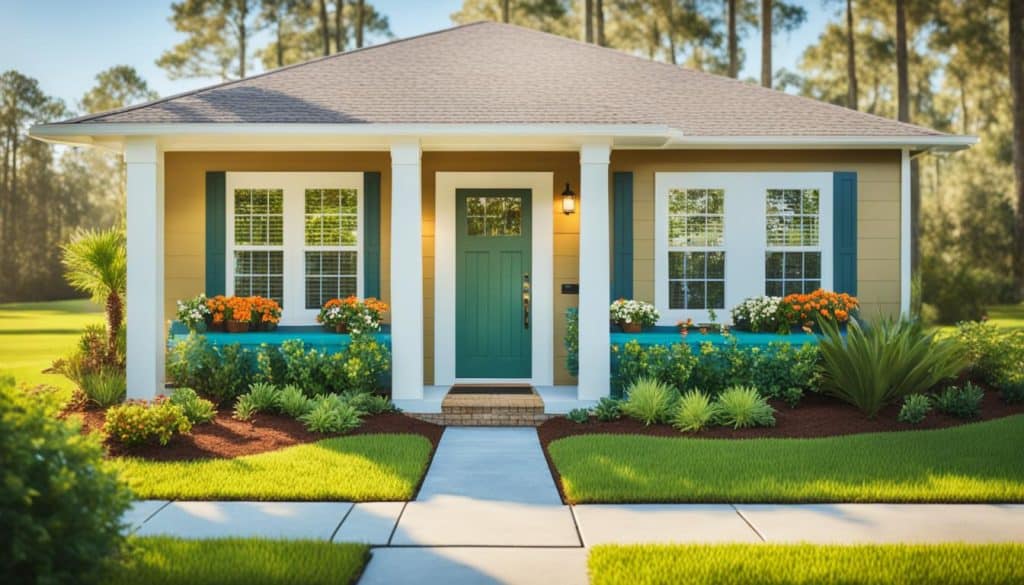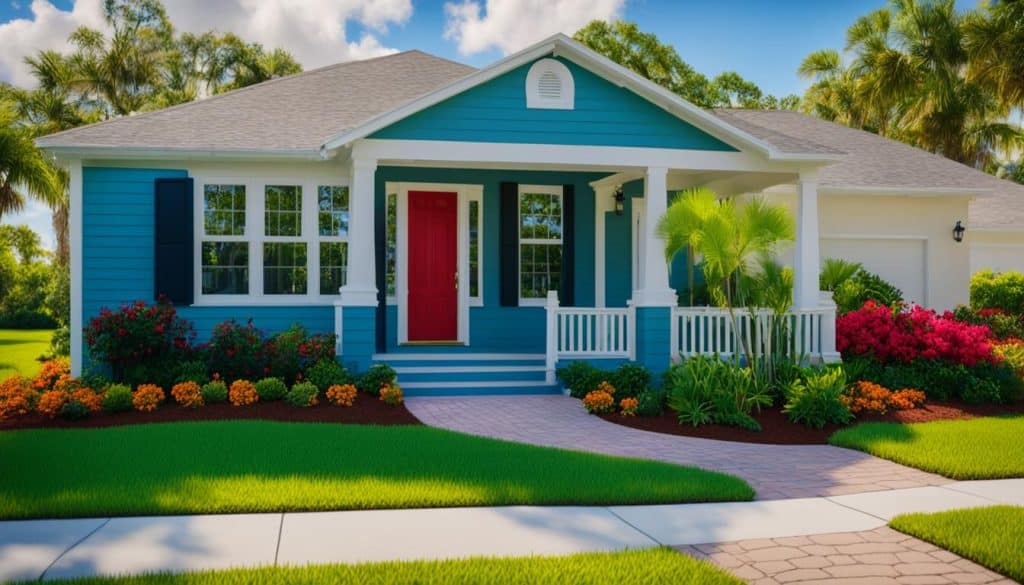Wondering how the qualifying rate mortgage affects your home loan potential? This benchmark is key in determining whether you can afford your mortgage if interest rates climb. In this article, we break down what the qualifying rate mortgage is, how it influences your application, and steps you can take to meet or even surpass this financial hurdle.
Key Takeaways
The qualifying rate mortgage is a tool used by lenders to stress test borrowers’ ability to afford mortgage payments at higher interest rates, ensuring financial resilience against future rate increases.
Several personal financial factors affect your qualifying rate, including credit score, down payment size, employment history, and debt-to-income ratio, with strategies provided to improve these aspects and secure a better rate.
The choice of mortgage type, whether fixed-rate or adjustable-rate, and other loan options like mortgage points can significantly impact the interest rate and hence the affordability and outcome of loan applications.
Table of Contents
Understanding Qualifying Rate Mortgage
Essentially, a qualifying rate mortgage is a yardstick established by banks to evaluate your mortgage loan eligibility. It’s different from the actual interest rate you pay on your mortgage. This rate acts as a stress test to ensure you can handle potential future increases in interest rates and verify that you can afford mortgage payments if interest rates rise.
The mortgage qualifying rate is determined by several factors. The Federal Reserve, bond market, Secured Overnight Finance Rate, Constant Maturity Treasury and the health of the economy, and inflation all affect mortgage rates. Currently, it stands at 5.19 percent, adjusted to be either the benchmark rate or the rate offered to the borrower plus two percentage points, depending on which is higher. The intent of this rate is to confirm borrowers’ capacity to withstand higher interest rates, typically set at the higher value between 5.25% and the actual mortgage contract rate plus 2%.
High-Ratio vs. Conventional Mortgages
Whether you receive a high-ratio or a conventional mortgage is predominantly determined by your down payment size. A high-ratio mortgage is one where the down payment is less than 20% of the home’s purchase price. On the other hand, a conventional mortgage requires a down payment of at least 20% of the property’s purchase price or appraised value, whichever is less.
Interestingly, due to the backing of mortgage default insurance, high-ratio mortgages often possess lower qualifying rates. This insurance compensates lenders in case of borrower default, thus reducing the risk to the lender. On the other hand, conventional mortgages typically command higher qualifying rates compared to high-ratio mortgages, as the larger down payment represents less risk to the lender.
Bear in mind, the necessity of mortgage insurance for high-ratio mortgages can add to the mortgage amount, influencing the total borrowing cost.
Stress Test for Mortgage Applicants
So, what happens if interest rates increase in the market? If you have a variable-rate mortgage, this could lead to higher monthly payments, impacting your affordability and subsequently, the outcome of the mortgage stress test. The stress test is designed to evaluate your ability to make mortgage payments at higher interest rates than the actual rate of your loan.
This stress test acts as a significant gauge of your financial robustness in the face of possible future interest rate increases. Think of it as a safety net that ensures you won’t be caught off guard if interest rates rise in the future.
Factors Affecting Your Qualifying Rate
Other elements that impact your qualifying rate include:
Your credit score
The size of your down payment
Your employment history
Your debt-to-income ratio
Though the stress test plays a vital role in the process, these factors also need to be considered.
Lenders assess these factors when determining qualifying mortgage rates:
Credit score: A high credit score leads to better interest rates and indicates lower risk to lenders, which can positively influence the qualifying rate for a mortgage.
Down payment: Making a larger down payment can reduce the loan-to-value ratio, leading to improved loan terms and potentially a better qualifying rate.
Employment history: A consistent employment history reinforces your financial stability, likely resulting in a more favorable qualifying rate.
Debt-to-income ratio: Maintaining a low debt-to-income ratio is crucial as it reflects your ability to manage monthly payment obligations and can directly affect the qualifying rate.
Improving Your Credit Score
Your credit score forms an integral part of your financial profile. It’s a numerical representation of your creditworthiness, and lenders use it to assess the risk of lending you money. But what’s the way to enhance your credit score?
Initiate by requisitioning free annual credit reports from reporting agencies. This allows you to review and correct any errors, leading to an improved credit score. Also, disputing any inaccuracies in your credit report is vital, as it’s a significant part of document preparation for a mortgage.
Other strategies for a better credit score include:
Making all payments on time
Paying down existing debt
Maintaining a credit utilization ratio of 30% or less
Avoiding opening unnecessary credit accounts
It’s also worth noting that limiting mortgage applications within a short timeframe can prevent multiple inquiries from negatively impacting your credit score.
Increasing Your Down Payment
The magnitude of your down payment can have a substantial impact on your mortgage rate. In some cases, if the initial mortgage application doesn’t meet qualifying rate calculations for the desired loan amount, increasing your down payment may be necessary.
Larger down payments lead to lower mortgage interest rates as they represent more equity in the property and a decreased risk for the lender.
This means that if you make a larger down payment, you’re likely to get superior mortgage terms and lower monthly payments. So, if you have the means to increase your down payment, it might be a good strategy to secure better mortgage rates.
Managing Your Debt-to-Income Ratio
Another crucial factor considered by lenders is your debt-to-income ratio. It’s a measure of your total monthly debt payments compared to your gross monthly income. Lenders review your existing debt obligations, such as mortgages and credit card debts, to calculate this ratio, which can significantly impact your mortgage application. In this process, they also assess your gross debt service, ensuring that your monthly debt remains manageable.
Appropriate management of your debt-to-income ratio is crucial. Refraining from major purchases before applying for a mortgage can prevent an increase in this ratio, which can influence the interest rates offered.
Additionally, paying down existing debts can lead to an improved credit score and lower debt-to-income ratios, thereby facilitating the qualification for better mortgage rates.
Mortgage Loan Options and Their Impact on Qualifying Rates
Opting for the correct type of mortgage loan is essential. The type of mortgage you choose, such as fixed-rate or adjustable-rate mortgages, directly influences the loan’s interest rate and consequently affects your monthly payments and overall financial planning.
Another strategy that home buyers can consider to lower their interest rate is purchasing mortgage points. This involves an upfront payment that reduces ongoing interest payments over time.
Moreover, federally regulated lenders like Elite Lending Service, Inc. offer a wide range of loan options such as:
Conventional financing
Jumbo loans
FHA loans
USDA home loans
VA loans
Loans for self-employed borrowers
This gives consumers a wide variety of mortgage products to choose from based on their needs.
Fixed-Rate Mortgages
Many home buyers prefer fixed rate mortgage options. These mortgages have a consistent interest rate throughout the life of the loan, protecting you from fluctuations due to inflation and any changes in your financial circumstances. This stability of interest rates leads to steady qualifying rates and predictable monthly mortgage payments.
Some buyers may choose to opt for a shorter repayment term, such as a 15-year loan. Why? Because these loans usually offer lower annual percentage rates (APRs) as compared to mortgages with longer terms. This means you’ll pay less over the life of the loan, which is certainly a win!
Adjustable-Rate Mortgages (ARM)
Alternatively, there are adjustable-rate mortgages (ARM). These mortgages have an interest rate that may fluctuate based on market conditions, which influences the qualifying rates due to the potential for fluctuation in monthly payments.
These mortgages may provide lower initial rates that help some borrowers qualify; however, changes in the rate can affect the long-term affordability of the loan. But there’s a silver lining. Borrowers with variable-rate mortgages could potentially benefit from decreasing interest rates over time without the need to refinance, which can positively affect their qualifying rates in environments where rates are falling.
Preparing for the Mortgage Application Process
Now that you’ve become familiar with the qualifying rate mortgage, its influencing factors and the variety of mortgage loans, Now, it’s time to prepare for the mortgage application process. This involves completing the Uniform Residential Loan Application, a standardized form that gathers your personal and financial information to determine eligibility.
Another vital step in the preparation process involves choosing a trusted and experienced lender. With a lender like Brad Bailey from Elite Lending Service, Inc., who has profound knowledge of the mortgage industry and knows what underwriters look for, you can significantly increase your chances of obtaining a home loan.
Gathering Required Documents:
A variety of documents will have to be compiled for the mortgage application process. These include:
W-2 forms
Pay stubs
Tax returns
Proof of any alimony or child support to verify income and employment.
Lenders, which are financial institutions, may also request statements from your bank and investment accounts, as well as documentation for any large deposits, to validate your assets and debts. And if you’re using gift funds for the down payment, you’ll need a signed gift letter from the donor stating that the funds are a gift, not a loan.
Understanding Housing Expenses
In addition to the monthly mortgage payment, other housing expenses should also be taken into account. These include property taxes, homeowner’s insurance, and in some cases, homeowners association (HOA) fees. These expenses represent ongoing costs that impact your financial situation and need to be factored into the cost of owning a home.
Mortgage lenders take into account these housing expenses when calculating debt-to-income ratios to ensure that borrowers can afford their monthly payments. Therefore, underestimating these costs can lead to loan disapproval or financial strain post-approval. This highlights the importance of accurate estimation during the mortgage pre approval process.
Tips for Home Buyers to Secure Better Mortgage Rates
Additionally, there are methods to obtain more favorable mortgage rates. One of the most effective is to compare mortgage rates from multiple lenders, as each lender sets their own rates and fees.
Other strategies include opting for a shorter loan term, which can help secure a lower mortgage rate, and obtaining a mortgage rate lock from the lender, which can protect against interest rate increases during the home buying process. And remember, different banks and lenders may offer varying mortgage rates influenced by location and your credit score, suggesting room for negotiation.
Summary
In conclusion, understanding the qualifying rate mortgage is crucial when preparing to apply for a mortgage. It’s a key factor that determines your eligibility for a mortgage loan and how much you can borrow. High-ratio and conventional mortgages, the size of your down payment, your credit score, and your debt-to-income ratio all influence your qualifying rate.
Choosing the right type of mortgage loan, whether it’s a fixed-rate or adjustable-rate mortgage, directly impacts your interest rate and overall financial planning. Preparing for the mortgage application process, including gathering the required documents and understanding housing expenses, is equally important.
With these tips and insights, you’re now better equipped to navigate the mortgage application process and secure better mortgage rates.
Frequently Asked Questions
What is a qualifying rate mortgage?
A qualifying rate mortgage is a benchmark used by banks to determine your eligibility for a mortgage loan, separate from the actual interest rate you pay on your mortgage. This helps banks assess your ability to afford a mortgage loan.
What is the difference between a high-ratio mortgage and a conventional mortgage?
The main difference between a high-ratio mortgage and a conventional mortgage is the down payment requirement: less than 20% for a high-ratio mortgage, and at least 20% for a conventional mortgage.
How does the size of my down payment influence my mortgage rate?
A larger down payment leads to lower mortgage interest rates as it represents more equity in the property and a decreased risk for the lender. Having a higher down payment can positively influence your mortgage rate.
How does the type of mortgage loan I choose impact my qualifying rate?
The type of mortgage loan you choose, whether fixed-rate or adjustable-rate, directly impacts your qualifying rate and can affect your monthly payments and financial planning.
What documents do I need for the mortgage application process?
You’ll need W-2 forms, pay stubs, tax returns, and proof of alimony or child support to verify income and employment, along with bank and investment account statements for the mortgage application process.
